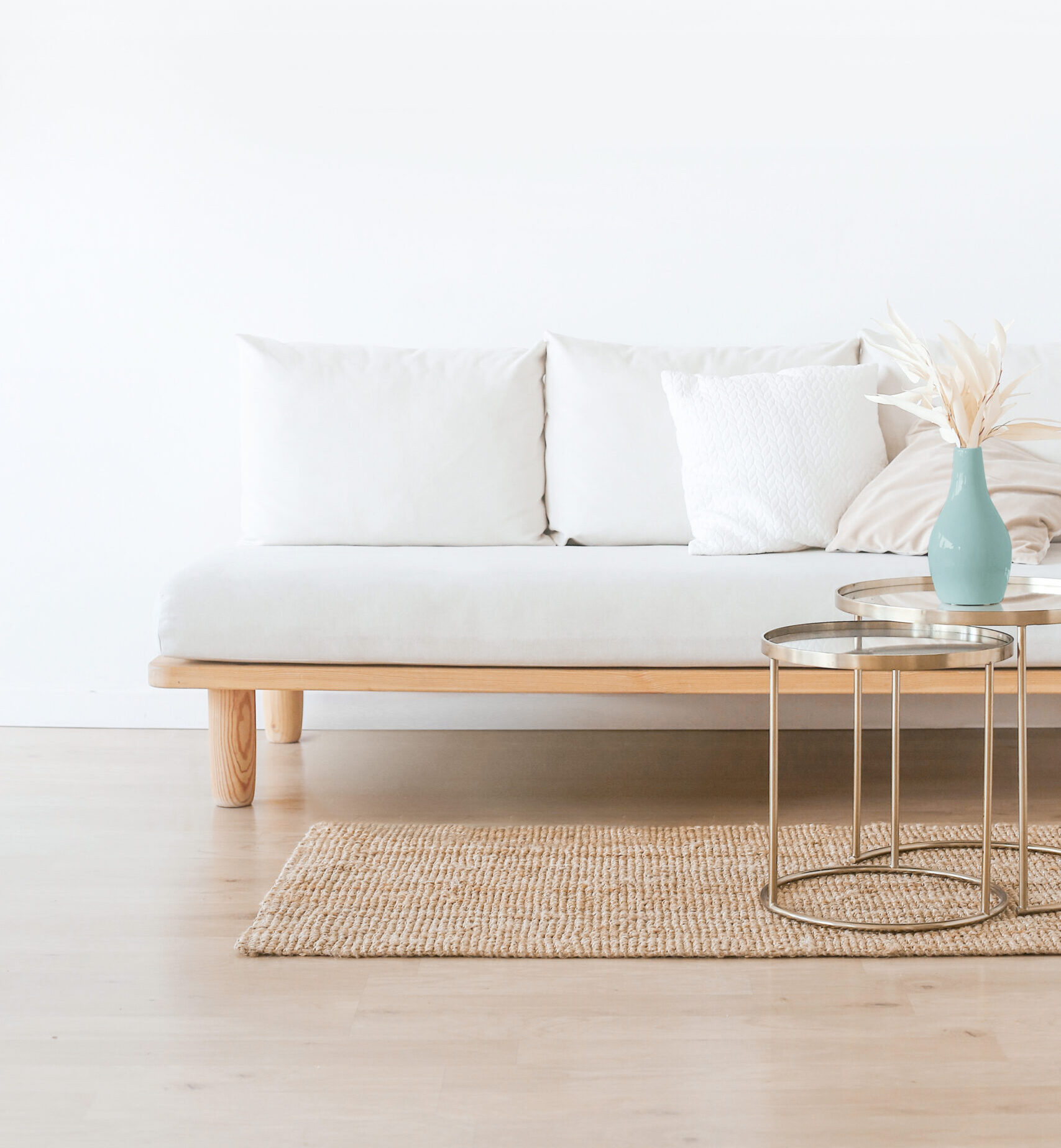Over the years, we’ve found that clutter and disorganization in a home is
often a source of embarrassment for our clients. It’s time to change that
mindset! You are not defined by your messy pantry or the garage you can’t
fit your car into. Most of us have an abundance of reasons why we haven’t
gotten a handle on our clutter (yet!)—whether it’s time, ability, a family
member who tears through freshly organized spaces like a tornado, or one of
many psychological reasons for holding onto the clutter. In this blog, we
unpack five of the most common psychological causes for accumulating clutter
and share helpful strategies to move past them.
Fear
Fear is one of the biggest obstacles to letting go of excess items. Many
people worry that getting rid of items with sentimental value will cause
them to forget the past. Others fear that if they part with an item, they
will eventually regret their decision. This fear of future regret can
paralyze a person as they are attempting to clear out the clutter. Another
way that fear shows up in decluttering efforts is when people are afraid
of what other people (both living and those no longer with us) will think
about our choice to part with an item. Understanding what you are afraid
of is the first step in figuring out how to navigate this extremely
powerful and controlling emotion.

Sentimentality
Objects can hold sentimental value even if you no longer want or need
them. Maybe you are holding on to an object not because you love it, need
it, or use it, but because you simply remember where you got it. Or maybe
you have something that is broken beyond repair—but because a loved one
gave it to you, you feel like you should keep it. But would the person
want you to hold on to the broken thing? Will you really lose your memory
of the person or your connection with them if you get rid of it? Are there
ways to hold on to the memory of the person or the experience (perhaps
through photos, conversations, or journaling) that can strengthen the
memory without taking up space? Remember that the past is stored in
memories and photos—not objects.
Safety and Comfort
Most people have a strong psychological pull towards safety and
comfort—and some of us focus on objects as the source of that safety and
comfort. This sometimes stems from childhood scarcity, or even just
hearing stories about the scarcity experiences of others. You can see this
play out when people have extras of seemingly everything on hand,
including items that would be a stretch to need multiple versions of. For
these folks, it feels like a risk to get rid of something you might need
in the future. What if there is another pandemic and you need 700 rolls of
toilet paper? What if you suddenly lose or gain 10 pounds and need those
clothes that haven’t fit in a decade? It’s okay to have a cushion to make
yourself feel secure, but if your extra things are making it impossible to
make room for the people and activities you love, it might be time to let
go of the excess.

Indecision and Procrastination
Think about decisiveness as a continuum. On the one end, you have people
who quickly make a judgment on something and then never look back. On the
other end, you have people who hem and haw about every last decision.
Perhaps they are writing extensive pro and con lists—or maybe they are
just refusing to make a decision. Clutter is often just a sign of
indecisiveness. Instead of making a decision, you just put the item in
your closet or shove it back in a drawer. Do you have any DOOM piles in
your home? DOOM stands for “Didn’t Organize, Only Moved.” These are stacks
of papers or a box of items that you move around, but don’t actually
confront. The first step toward handling your indecision is understanding
that your indecision is what’s stalling your progress! Bring in a trusted
(and opinionated!) friend to sit with you and help you sort through your
stuff. Use our
tried-and-true method
to help bring clarity to what you should keep and what you can let go.
Depression and Anxiety
While most of the psychological reasons we’ve discussed so far are common
and not concerning, it is important to note that sometimes an inability to
deal with clutter is caused by depression, anxiety, and other more serious
conditions. If that sounds like that might describe you, we encourage you
to show compassion and care for yourself by reaching out to a trusted
professional.

As you think about where you are in your organizing journey, we hope that
learning about the psychology behind the clutter will help you
self-reflect—and then make an action plan. And if you ever need help
simplifying your Hive, you know you can call in the Bees!
